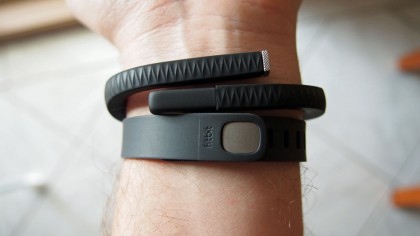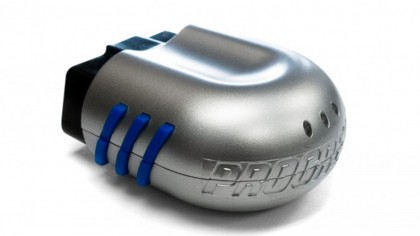
Wearable technology is all the rage these days. From Fitbit to Samsung Gear to Google Glass to rumored impending launches from Apple and Microsoft, wearable devices are top-of-mind for everyone excited about new technology.
However, the tech industry and its consumers appear to be more excited about wearable tech as a theory than in practice.
More than half of the consumers who purchased a wearable device in the US have stopped using it, according to Endeavor Partners, a mobile strategy consulting firm.
Enterprise adoption
Businesses, on the other hand, have been finding ways to incorporate wearables into their daily practices. Because the technology has become so effective at assisting and tracking human actions, enterprises are now finding interesting ways to leverage wearables to streamline processes and hold employees accountable.
From improving customer care, to ensuring productivity and safety, wearables have been a natural step in the evolution of enterprise technology. Several companies have already started using wearable technology in an innovative and forward-thinking way to advance their businesses and achieve their goals through improved operations.
Health and wellness
One way companies making use of wearable tech is by providing their employees with tracking devices in order to monitor their fitness. This practice gives managers insight into the overall health of the company Across the United States, many SMBs, enterprises, educational institutions and other organizations are beginning to weave high-tech gadgetry into their employee wellness programs.
British Petroleum (BP), the multinational gas and oil company, has partnered with StayWell Health Management to offer employees the use of Fitbit to measure data such as the number of steps walked, quality of sleep and other personal health metrics.
Sign up to the TechRadar Pro newsletter to get all the top news, opinion, features and guidance your business needs to succeed!

Through this partnership, employees are able to participate in the One Million-Steps challenge, which encourages people to incorporate physical activity into their daily routine. The success of the program is gauged through gained "wellness points." Employees have reportedly started parking further from the entrance way, taking the longer trip to the bathroom and conference rooms, or taking the stairs to the office in order to accrue more points.
This program benefits BP because a healthier workforce means a break in health care premiums. Dozens of other organizations provide their employees with Fitbits for similar programs, including social media management platform Buffer and software company Autodesk. While employees and employers alike tend to find the use of wearable tech for corporate wellness programs to be valuable, there is the concern of privacy and difficulty quantifying return on investment.
Safety
Progressive is one of the largest providers of car insurance in the United States - you've probably heard of Flo, right? In an attempt to help reward good drivers, the company started the Progressive Snapshot discount program. The insurance company sends drivers the Snapshot device that plugs into the car and gathers details on how they drive, including time of day and distance travelled. If approved by the insurance company, drivers can see up to a 30% discount on their rates.

- 1
- 2
Current page: Wearables are perfect for the enterprise
Next Page Wearables improve service, sales and goal scoring